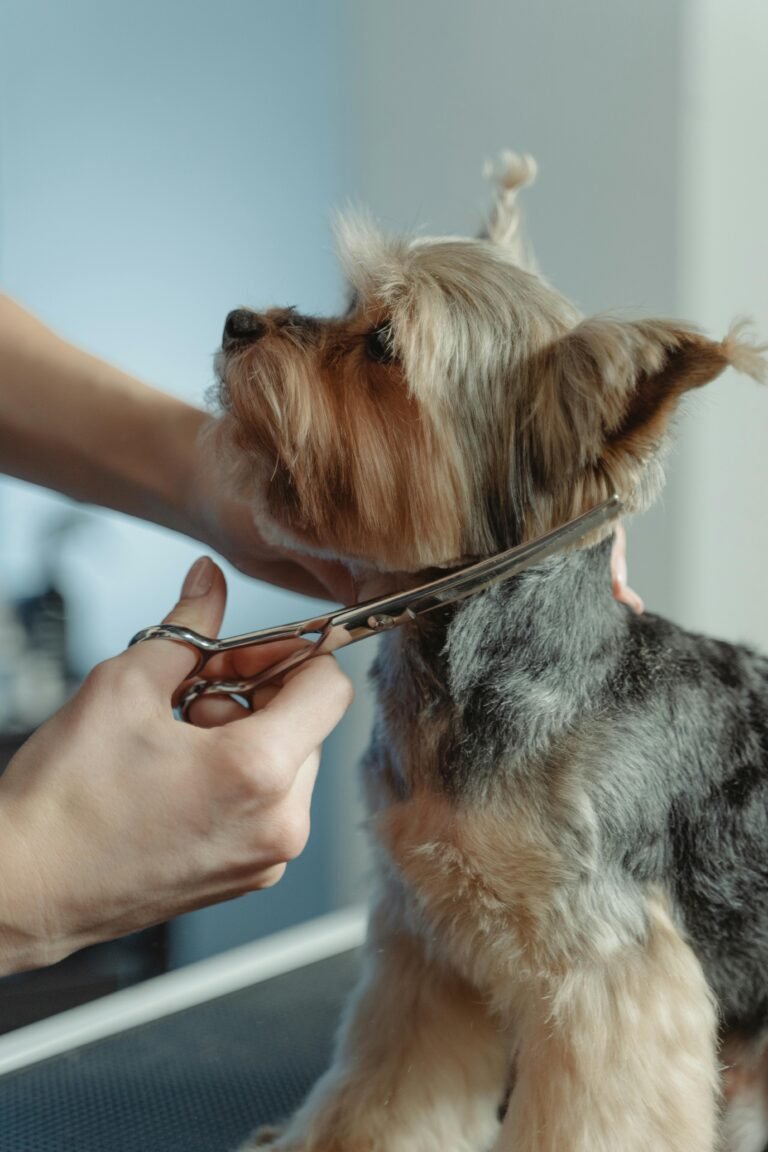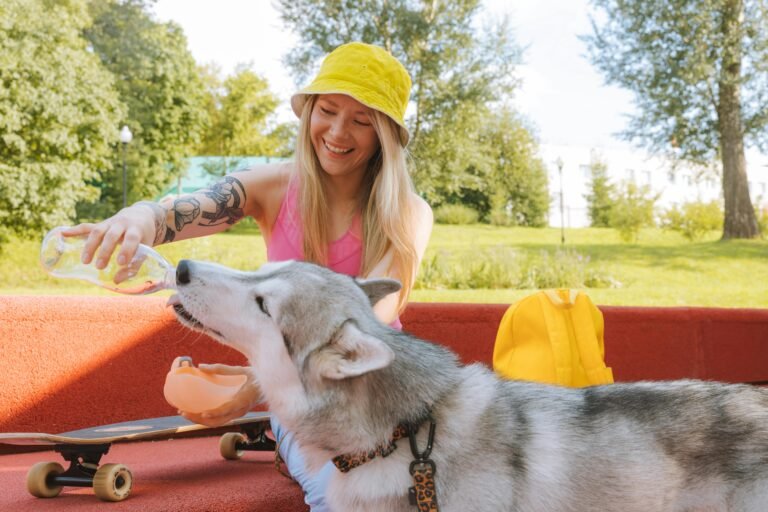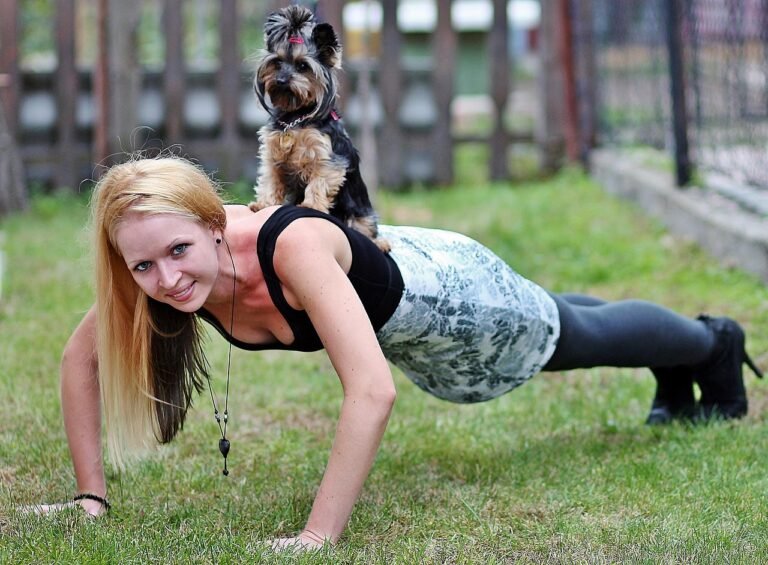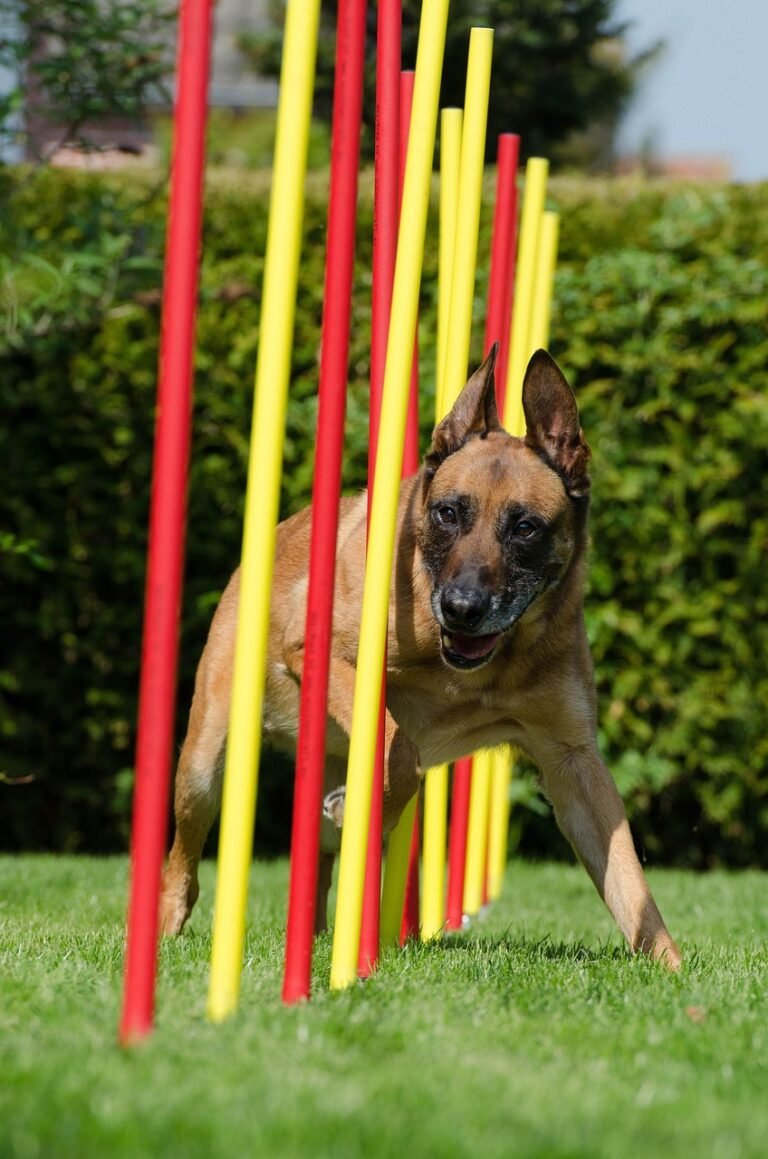Understanding the Needs of Senior Dogs
As dogs age, their physical and emotional needs evolve significantly, requiring owners to adapt their care approach. Senior dogs typically exhibit diminished energy levels compared to their younger counterparts, often preferring short, leisurely walks rather than vigorous exercise sessions. This gradual decline in vitality calls for a reevaluation of their activity routines, focusing more on moderate exercises that promote joint health and overall well-being.
In addition to decreased energy, many senior dogs experience sensory impairments. Their sight and hearing may deteriorate, which can lead to confusion and anxiety. This highlights the necessity for owners to create a safe and secure living environment. Familiar spaces should be free of obstacles, and noise levels should be kept low to minimize stressors that could affect their sense of comfort.
Moreover, senior dogs are more susceptible to various health issues, including arthritis, dental problems, and organ-related conditions. Regular veterinary check-ups become essential to monitor their health closely, enabling early detection of potential issues. During these visits, vets can recommend suitable dietary changes, ensuring that senior dogs receive proper nutrition tailored to their needs. A balanced diet is crucial in supporting their metabolic changes, helping prevent obesity, and managing existing health concerns.
Emotional support is equally significant; many senior dogs benefit from increased companionship and gentle engagement with their owners. Providing quality time together through calm activities, such as gentle grooming or cuddling, can enhance their emotional well-being. Understanding these multifaceted needs of senior dogs allows pet owners to facilitate a nurturing and accommodating environment, greatly enhancing the quality of life for their beloved companions.
Nutrition and Diet for Senior Dogs
As dogs age, their nutritional needs evolve significantly due to changes in metabolism, activity levels, and potential health issues. Therefore, providing a diet tailored specifically for senior dogs is crucial for their overall health and well-being. High-quality, age-appropriate dog food should prioritize easily digestible ingredients and balanced nutrients to accommodate the unique requirements of older dogs. These diets often contain lower caloric content to match the decreased metabolic rates as dogs age.
When selecting food for senior dogs, it is important to look for formulations specifically designed for older pets. Such diets generally include added fiber to promote healthy digestion, as many senior dogs may be prone to gastrointestinal difficulties. Additionally, these foods often contain additives like omega fatty acids which can support joint health and cognitive function, addressing some common concerns of aging canines.
It is also essential to monitor portion sizes to avoid obesity, which is prevalent among senior dogs due to reduced activity levels. Consult a veterinarian for personalized recommendations regarding the appropriate amount of food, as individual needs may vary based on size, breed, and health conditions. Moreover, if necessary, supplements such as glucosamine or probiotics can be introduced to support joint health and digestive function.
Lastly, hydration plays a vital role in senior dog care. As dogs age, their thirst perception may diminish, resulting in a higher risk of dehydration. Ensure that fresh water is always available and encourage your dog to drink regularly. In summary, a balanced, nutritious diet combined with adequate hydration is integral for maintaining the health and quality of life of senior dogs. Regular consultations with a veterinarian can facilitate tailored dietary adjustments essential for aging canines.
Exercise and Mental Stimulation
As dogs age, their exercise requirements and capabilities change significantly. It becomes essential to adapt the forms of physical activity to suit their needs. For senior dogs, low-impact exercises are highly recommended to prevent strain on their joints and muscles. Gentle walks on soft surfaces, such as grass or dirt, can help maintain their cardiovascular health without overwhelming them. Instead of long, strenuous hikes, consider taking your senior dog on more frequent but shorter walks throughout the day. This encourages regular movement while respecting their limitations.
Engaging in playful activities tailored to their age is also crucial for maintaining their physical health. Fetch with soft, lightweight balls or gentle tug-of-war games can provide both fun and exercise without risking injury. Additionally, using these playtime opportunities can strengthen your bond with your furry friend while ensuring they remain active in an enjoyable manner.
Incorporating mental stimulation is equally important for senior dogs. As they age, they can become less responsive to their environment, making it vital to keep their minds engaged. Puzzle toys, which require the dog to solve a problem for a reward, can be particularly effective in sharpening their cognitive skills. Regular training sessions can also stimulate their minds while reinforcing good behavior. Simple commands or tricks, even those previously mastered, can provide a refreshing and enjoyable challenge.
Lastly, social interaction plays a key role in keeping senior dogs mentally agile. Engaging with other dogs or humans during walks or playdates can help reduce feelings of loneliness and promote a healthy mental state. In summary, regular low-impact physical activity, combined with mental stimulation through puzzles, training, and socialization, is vital for maintaining the overall well-being of senior dogs.
Health Monitoring and Veterinary Care
As dogs age, their health needs become increasingly complex, necessitating vigilant health monitoring and appropriate veterinary care. Owners must be attentive to any changes in behavior or physical condition, as these can signal underlying age-related health issues. Common signs that may indicate health concerns include increased lethargy, changes in eating habits, or difficulties in mobility. Recognizing these signs early can be instrumental in administering timely interventions, ensuring that the senior dog’s quality of life is optimized.
Regular veterinary check-ups are a cornerstone of health care for senior dogs. These visits allow vet professionals to conduct comprehensive examinations and recommended screenings for common age-related conditions such as arthritis, heart disease, or diabetes. It is advisable to establish a veterinary schedule that accommodates more frequent visits as your dog ages, typically every six months. These visits can provide peace of mind for pet owners and allow for quick responses if any health changes are detected.
In addition to routine check-ups, vaccinations should be updated as per the veterinarian’s recommendations to shield senior dogs from preventable diseases. Senior dogs often have different vaccination schedules depending on their overall health and lifestyle, emphasizing the need for personalized veterinary care. Dental health also remains crucial for older dogs, as oral diseases can lead to serious health complications. Regular dental cleanings and daily oral hygiene help in maintaining their dental health, which is often overlooked yet critical for their overall well-being.
Keeping a detailed record of any health changes in your senior dog, alongside clear communication with your veterinarian, is essential. Noting any unusual behavior or symptoms can help the veterinary team in diagnosing potential problems earlier. Being proactive about your senior dog’s health monitoring and veterinary care fosters a longer, happier, and healthier life for your cherished companion.






